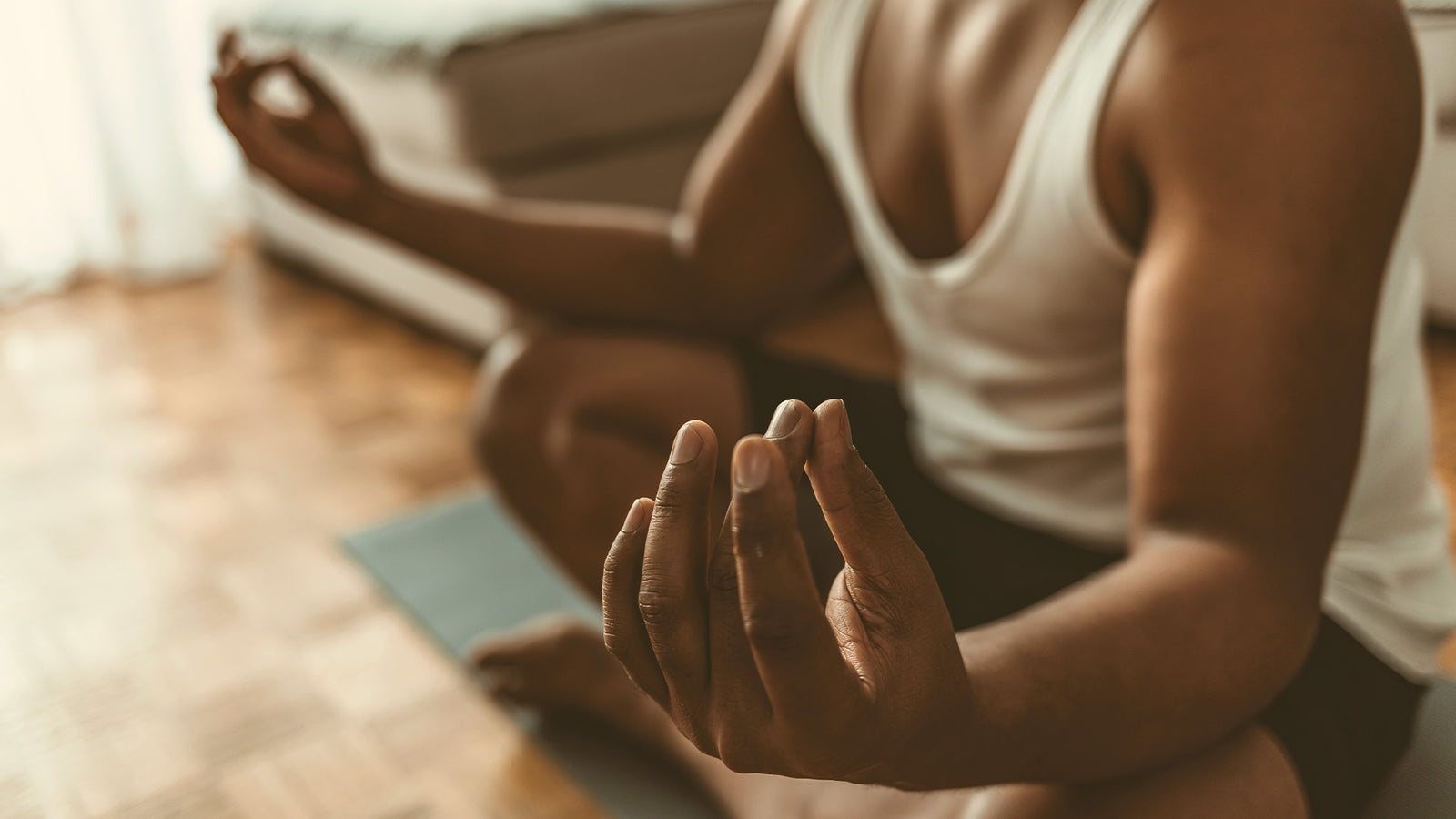There are many aspects of life that cause stressors on the human mind and body.
- Running late for work
- Studying for an exam
- Feeling like you have too much to do
These stressors can have both immediate and long term effects for our overall health—but, the good news is, how we deal with these stressors can dramatically change how much of an impact they have on us.
First off: what is stress?
Stress is defined as “a state of mental or emotional strain or tension resulting from adverse or very demanding circumstances.”
Some life examples of stress can be:
- Family Problems
- Money Problems
- Loss of job / working long hours
- Emotional fluctuations such as depression, anxiety, anger, grief, etc.
- Weight gain or weight loss
- Relationship problems
How does stress affect your health?
Our bodies react differently to the varying types of stressors we put on it. Short-term or temporary stress (also known as acute stress) typically causes your nervous system to jump into action, releasing hormones that give you the “fight or flight” response. This is why you may notice your heartbeat speed up during times of anxiety.
Signs of short-term stress:
- Headache
- Fatigue
- Difficulty sleeping
- Upset stomach
- Sweating
- Irritation
When we get into long-term stress (also known as chronic stress) this is where we see more correlation between stress and more serious health problems. Chronic stress puts consistent strain on the body and has been linked to illness and even pre-mature aging!
Signs of long-term stress:
- Depression
- High blood pressure
- Heart disease
- Weight gain / loss
- Fertility problems
Some general dos and don’ts
As humans, we are meant to move. We are meant to be active in order to properly maintain a healthy functioning body and immune system. One of the worst things we can do to our bodies—not only related to stress, but all types of illnesses—is to be inactive.
Now, activity looks different for everyone—so it’s important to find the type of movement that works for you. But what’s even more important is that you actually do it! If you’re not a gym person, consider a class, a YouTube video, or even a walking buddy. Get at least 30 minutes of activity in every single day, and I promise that you will feel less stressed.
We are all busy people with work, family, friends, and other commitments—but I’ll always fall back to this one question:
- Who are you going to spend every single second of the rest of your life with?
The answer: YOU.
This is reason enough that you need to prioritize you and your health. The number one suggestion that all of the following tips fall into is to find time for yourself.
How do we do that?
It comes down to prioritizing your time, and there are many ways to do that.
Set alarms or reminders on your phone, journal for two minutes every day to note on your progress, or even leaving sticky notes around your home.
I personally choose to go to bed early and wake up at 3am to do my workouts and stretching because I know that, as the day gets busy, my time will be consumed by work and family things.
So, on that note, here are my tips to reduce stress on your body, including recommended types of physical activity:
Strength training
Weight training or bodyweight exercises will increase your overall health in general, but also directly reduces stress because working your muscles releases feel-good endorphins in your body, which lift your mood.
Go for a walk
Getting some steps in—preferably outside, if possible—is a great way to bring down those stress levels for several reasons. First, a change of scenery sends a signal to your brain to think about something else. Second, the physical movement of walking helps us feel like we’re moving away from or toward something, which can be a soothing feeling during times of stress. And third, walking outside allows your body to focus on sensations other than that work project you haven’t gotten to yet. You can smell the fresh air, feel the breeze on your skin, hear the sounds of the neighbourhood, etc.
Don’t you just want to go for a walk now?!
Play a sport
Nothing beats stress like team morale! Sure, you can opt for going for an hour-long walk everyday—that’s great! Or, you can change up your routine by joining a rec-league soccer team and get the same amount of steps in within half the timeframe.
Sports are a ton of fun and a great example of exercise that you don’t even realize you’re doing!
Meditate
Some people might be sick of hearing this one by now, but there’s a reason why it’s so prevalent. Taking even two minutes practice stillness is a great way to improve both acute and chronic stressors on the body. There are a bazillion meditation videos on YouTube and thousands of books to help get you started! A simple way to start practicing meditation is to simply experiment with breathing exercises. Try this one:
- Breathe in through your nose for a count of four seconds.
- Hold the breath for seven seconds.
- Slowly blow out through your mouth for eight seconds.
- Repeat five times.
How do you feel?
Yoga
Another buzzword, and for good reason! Yoga has been around for over 5,000 years, so how can you argue against its effectiveness? In my opinion, it’s one of the top ways to de-stress the body. Yoga requires you to do three things:
- Focus your mind,
- Feel your breath
- Stretch your muscles
And this combo is an absolute super power when it comes to reducing stress!
Eat a balanced diet
Your diet affects almost every aspect of your health, including mental health. If you are constantly eating highly processed foods, a lot of added sugars, or foods with high amounts of trans fats, chances are you’ll likely experience higher perceived stress levels too. Find a healthy diet plan that works for you and one that you can be consistent with.
At the end of the day, in order to maintain a healthy body and mind, we need to minimize stress—and one of the biggest ways is to take time for yourself and focus on staying active in your everyday life.
By Jeff Cody

